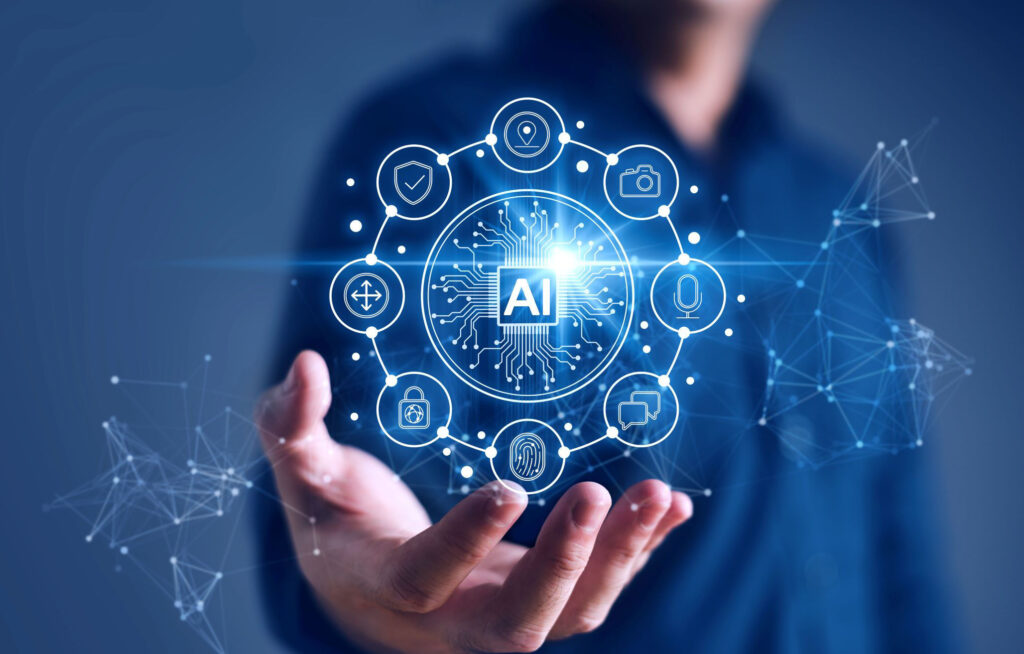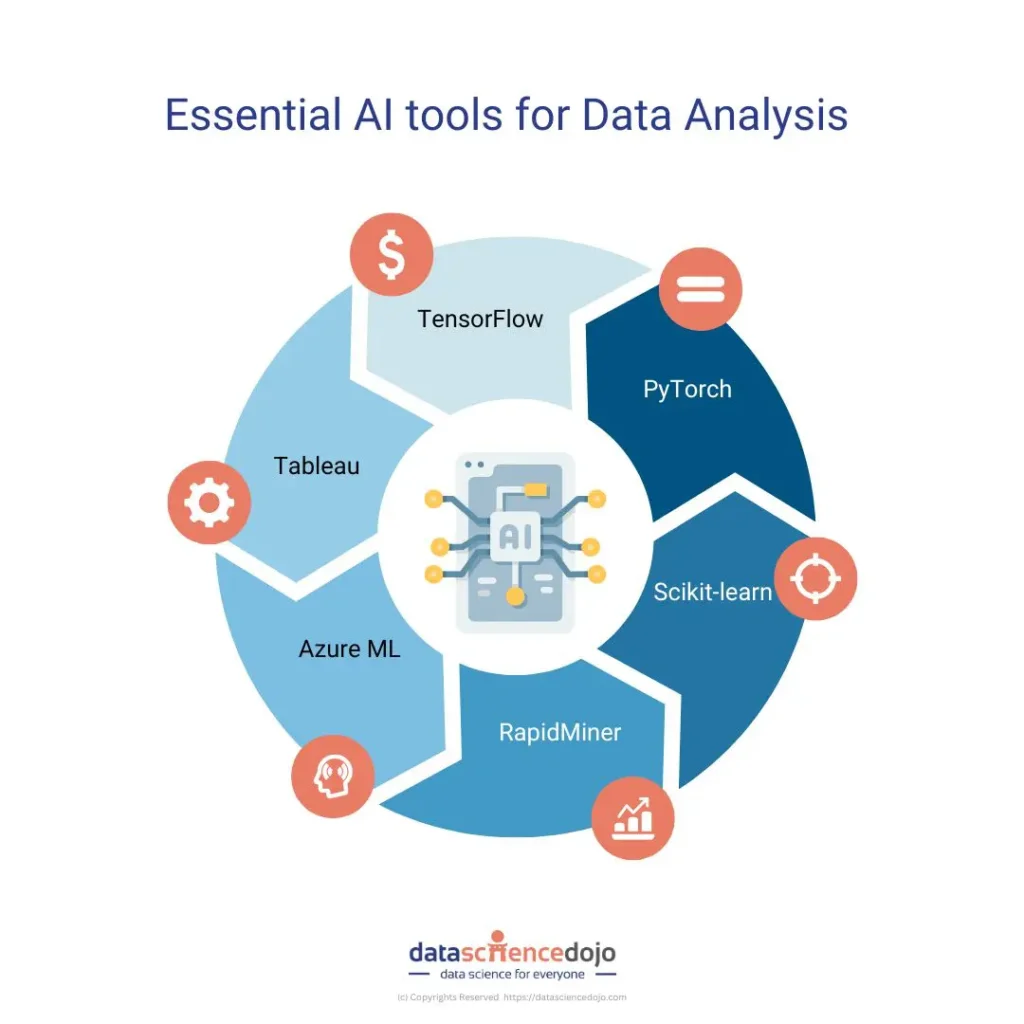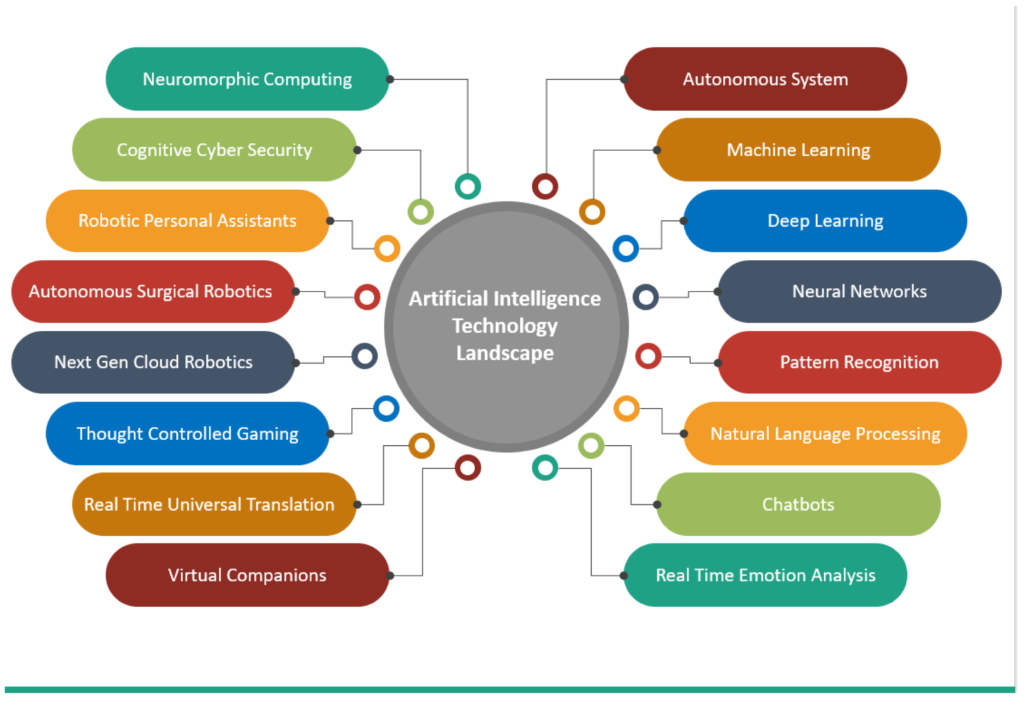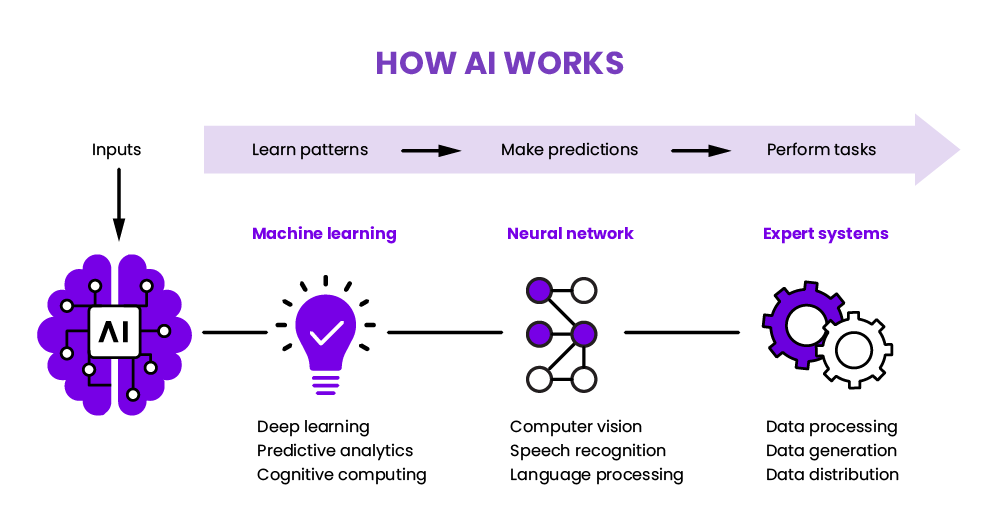Introduction:
In the ever-evolving landscape of technology, Quantum Computing emerges as a transformative force, promising to revolutionize various sectors. Among its most profound impacts lies in its synergy with Artificial Intelligence (AI). This article delves into the intersection of Quantum Computing and AI, exploring how quantum advancements are reshaping AI algorithms and models, and the implications for future innovation.

Understanding Quantum Computing:
Quantum Computing operates on the principles of quantum mechanics, leveraging quantum bits or qubits to perform calculations at speeds unimaginable to classical computers. Unlike classical bits, which exist in states of 0 or 1, qubits can exist in a superposition of states, enabling parallel processing and exponential computational power.
Artificial Intelligence in the Quantum Era:
Artificial Intelligence encompasses a spectrum of technologies aimed at mimicking human cognitive functions. Machine Learning, a subset of AI, focuses on training algorithms to learn from data and make predictions or decisions autonomously.
Quantum Computing’s Impact on AI Algorithms and Models:

1. Enhanced Processing Power: Quantum Computing’s ability to handle vast datasets and perform complex calculations in parallel accelerates AI model training and inference processes. This leads to the development of more sophisticated AI models capable of tackling complex real-world problems.
2. Optimization and Search Algorithms: Quantum algorithms excel in optimization tasks, which are fundamental to many AI applications. Quantum-inspired algorithms, such as Quantum Annealing and Variational Quantum Eigensolver, offer efficient solutions for optimization problems, enhancing AI’s capabilities in areas like resource allocation, scheduling, and route optimization.
3. Improved Pattern Recognition: Quantum Computing’s computational prowess enables AI algorithms to analyze complex patterns and correlations within data more effectively. This enhances the accuracy of AI models in tasks such as image and speech recognition, natural language processing, and anomaly detection.
4. Quantum Machine Learning: Researchers are exploring the development of Quantum Machine Learning (QML) algorithms tailored to exploit quantum computational advantages. These algorithms aim to outperform classical ML approaches in tasks like clustering, classification, and regression, unlocking new frontiers in AI research and applications.
5. Quantum Neural Networks: Quantum Neural Networks (QNNs) represent a fusion of quantum computing and neural network architectures. QNNs leverage quantum principles to enhance learning and inference processes, offering potential breakthroughs in areas like quantum chemistry simulation, drug discovery, and optimization.
Future Perspectives and Challenges:

While the potential of Quantum Computing to revolutionize AI is vast, several challenges remain to be addressed:
1. Hardware Limitations: Current quantum hardware faces challenges such as qubit coherence and error rates, limiting the scalability and reliability of quantum systems for AI applications.
2. Algorithmic Development: Developing quantum algorithms that effectively leverage quantum advantages while addressing practical AI challenges requires interdisciplinary expertise and innovative approaches.
3. Ethical and Societal Implications: As quantum-powered AI technologies evolve, ethical considerations regarding privacy, bias, and transparency become increasingly pertinent, necessitating robust regulatory frameworks and responsible development practices.

Conclusion:
The convergence of Quantum Computing and Artificial Intelligence heralds a new era of innovation, with profound implications for society, industry, and science. By harnessing the transformative potential of quantum advancements, researchers and practitioners can propel AI to unprecedented heights, unlocking novel solutions to complex problems and shaping a future where intelligent technologies empower humanity. As we navigate this exciting frontier, collaboration, ethical stewardship, and continuous innovation will be paramount in realizing the full potential of Quantum Computing in revolutionizing AI algorithms and models.